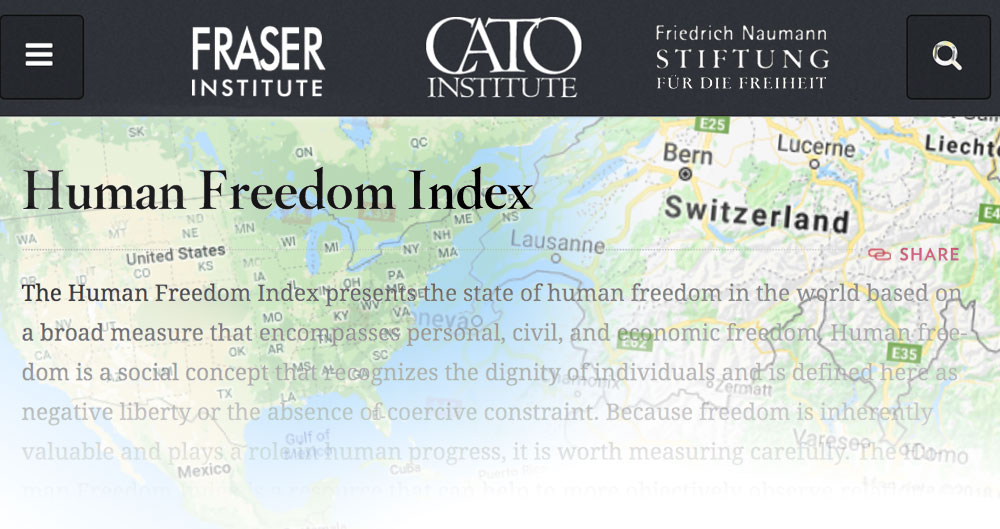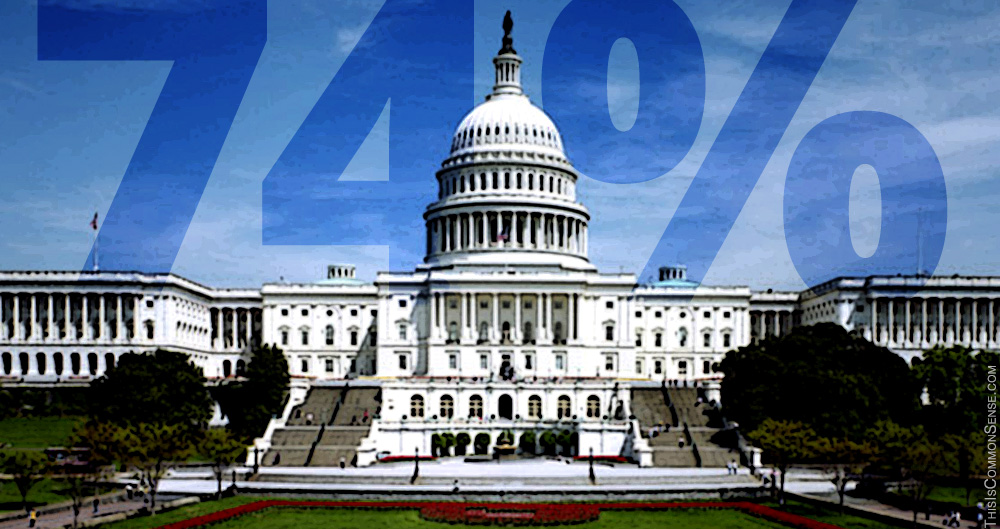“We could care less about instant runoff voting,” fibbed Allan Wade, the city attorney for Memphis, Tennessee.
Wade was rebutting the recent Commercial Appeal revelation that Memphis’s “City Council worked behind the scenes to find a sponsor for legislation this year that could ban instant-runoff elections statewide.”
After long relying on the mayor’s lobbyists, was it purely coincidental that the council suddenly spent $120,000 on its own Nashville lobbyists?
One of the bill’s sponsors, Rep. Mark White (R-Memphis), missed the memo. He acknowledged being “approached . . . on the council’s behalf to ask if he would again sponsor the bill.” A lobbyist also confirmed to the Memphis Flyer that the council engaged him to push the ban on what is also known as ranked choice voting.
So, the city council is directly lobbying the Tennessee Legislature to overrule their city’s residents — who voted 71 percent YES for instant runoff voting in 2008.
And there’s a twist. The council has placed two measures that would repeal instant runoff voting on this November’s ballot, hoping to somehow convince voters to scrap the reform. Wait . . . why lobby the legislature when the voters are already set to make the decision?
Oooooooooohhhhhhhh!!!!!!!!!!!!!!!!!!!
“Now they are using our money to take away that choice from us,” protests Aaron Fowles with Save Instant Runoff Memphis.
This city council — in addition to their sneaky, anti-democratic assault on instant runoff voting — has also placed a measure on the ballot to weaken their own term limits, passed by an 80 percent vote.
To paraphrase Memphis’s King, these rabid-dog politicians ain’t never caught a rabbit and they ain’t no friends of ours.
This is Common Sense. I’m Paul Jacob.
P.S. After media coverage, a hearing on the Senate version of the bill to ban instant runoff voting, SB 2271, was abruptly postponed for three weeks.











